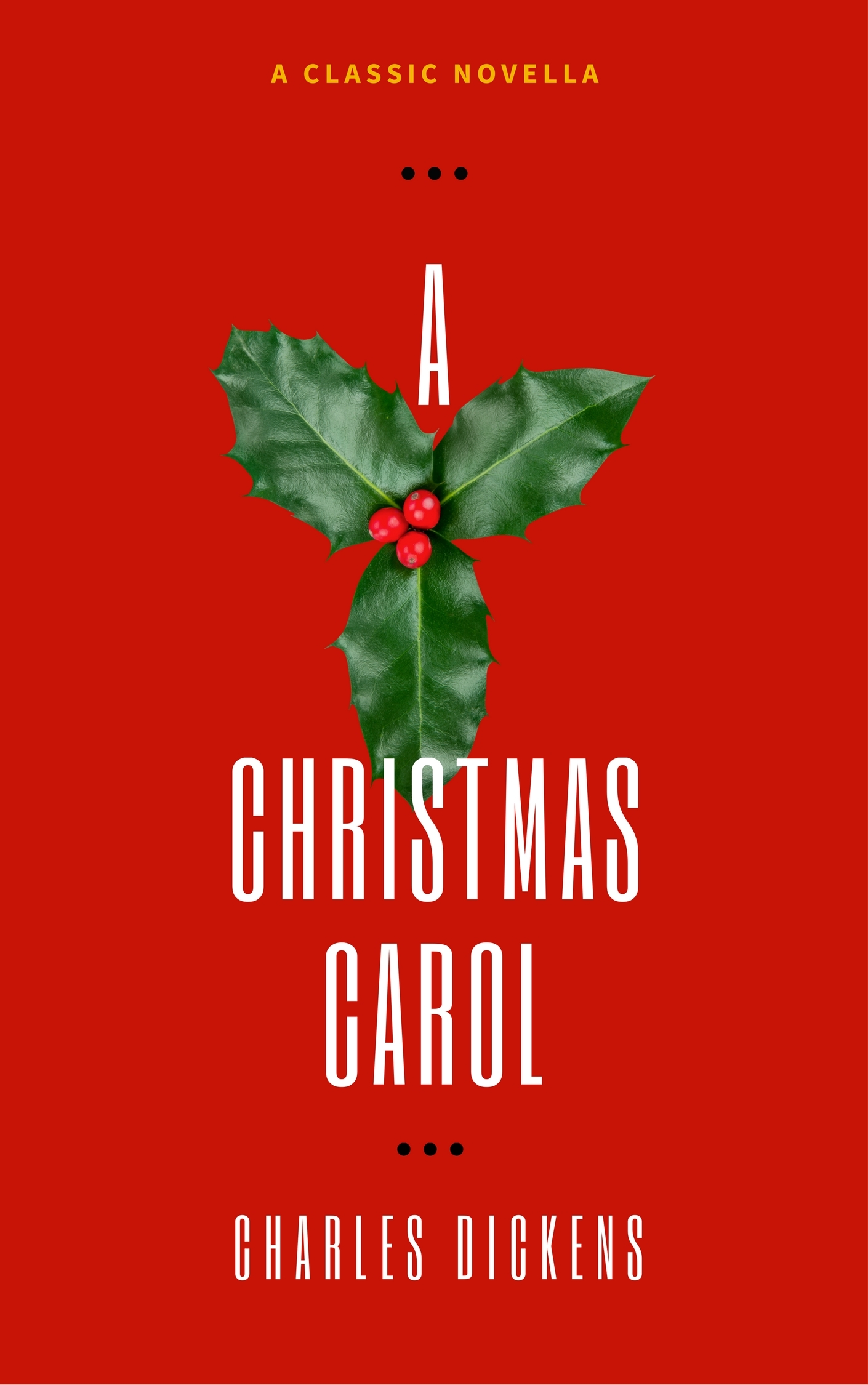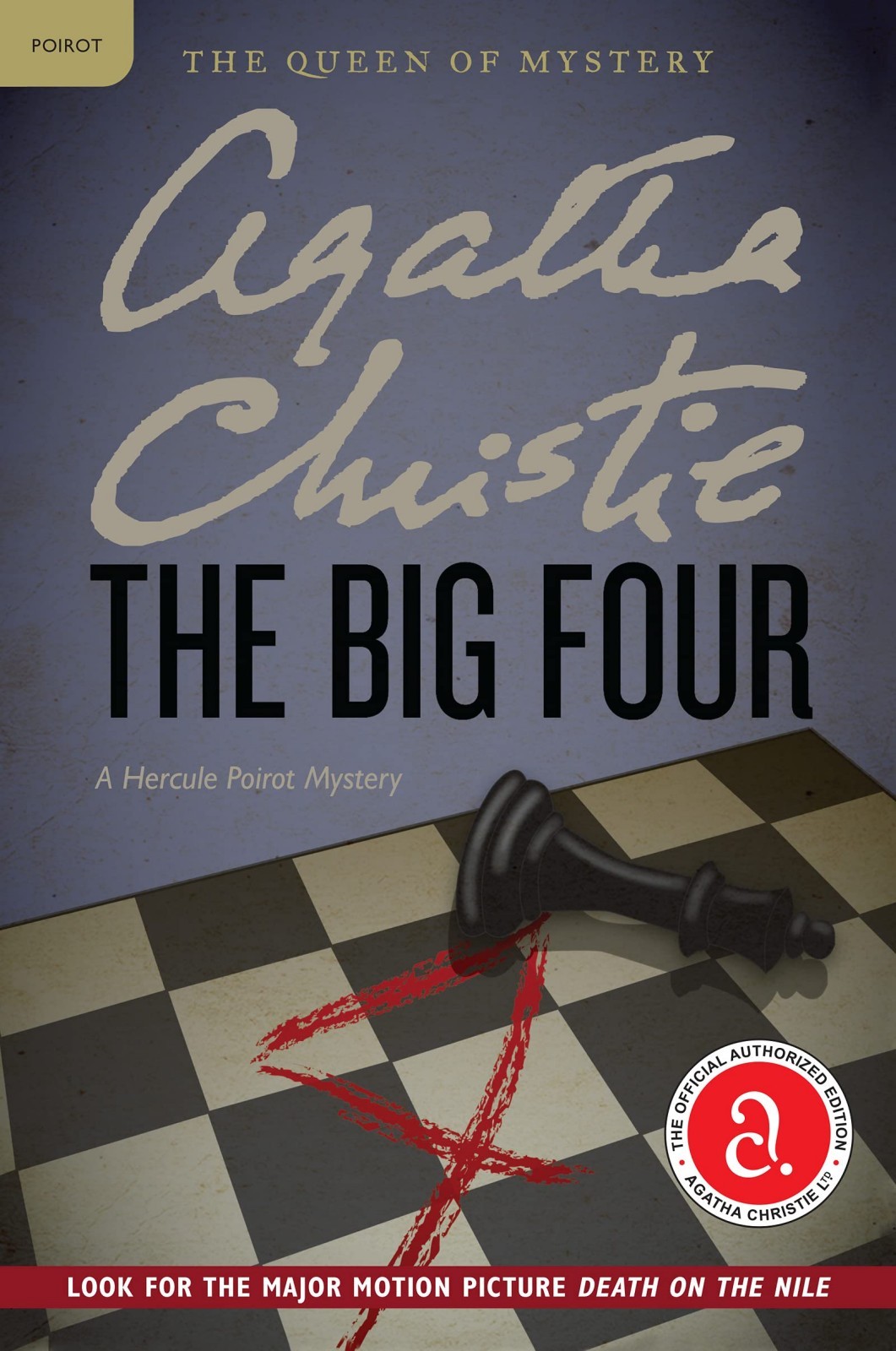A Christmas Carol
Title: A Christmas Carol

Author: Charles Dickens
Published in: 1843
Date read: 22nd December 2024
Score: 5/5
Genre: Classic, Fiction, Supernatural
Plot: (Warning, may contain spoilers):
"A Christmas Carol," published in 1843, is a timeless and beloved novella by Charles Dickens that tells the story of one man's spiritual redemption and the true meaning of the Christmas spirit. It is a powerful allegory of greed, compassion, and the possibility of human transformation.
The story is set in Victorian London and centres on Ebenezer Scrooge, a wealthy, curmudgeonly, and miserly old man. He is a ruthless businessman who despises Christmas, viewing it as a waste of time and money. He is famously cold-hearted, mistreating his overworked and underpaid clerk, Bob Cratchit, and refusing to give to charity or even share a friendly moment with his cheerful nephew, Fred.
On Christmas Eve, Scrooge is visited by the ghost of his former business partner, Jacob Marley, who has been dead for seven years. Marley's ghost appears, bound by heavy chains made of cash boxes and ledgers, as a result of his own greed in life. Marley warns Scrooge that he is on the same path and that he will be visited by three spirits who will offer him a chance at redemption.
The first spirit to visit is the Ghost of Christmas Past. This gentle spirit takes Scrooge back in time to scenes from his childhood and youth. Scrooge witnesses moments of happiness and joy, but also of profound sadness and regret, including his lonely childhood at boarding school, the love of his kind sister Fan, and the painful memory of his fiancée, Belle, leaving him because his love of money had eclipsed his love for her.
The second spirit is the jovial and boisterous Ghost of Christmas Present. This spirit shows Scrooge the true meaning of Christmas joy. They visit the home of his clerk, Bob Cratchit, where Scrooge witnesses the family's poverty but also their overwhelming love and cheerfulness, particularly for their sickly son, Tiny Tim. Scrooge is moved by Tiny Tim's innocence and the Cratchits' quiet dignity.
The final spirit is the terrifying Ghost of Christmas Yet to Come. This silent, cloaked spectre shows Scrooge a bleak and desolate future. He sees a lonely man's death and a group of people eagerly scavenging his belongings. He is horrified when he realizes that the grave, and the lonely funeral, belong to him. He is shown a future where Tiny Tim has died, a direct result of his father's poverty.
Overwhelmed with remorse and fear, Scrooge wakes up on Christmas morning a changed man. He is filled with a newfound joy and generosity. He sends a large turkey to the Cratchit family, raises Bob's salary, and becomes a loving father figure to Tiny Tim. He embraces the true spirit of Christmas, dedicating his life to helping others. "A Christmas Carol" is a timeless fable about the power of kindness, empathy, and redemption.
Comments:
It may strike many as odd that I reached the age of 46 before reading this book. I tried to list all of the versions of film and TV adaptations that I have seen in my life and I always manage to think of another later in the day. This alone is proof of how amazing the story is and how these versions can be slightly different as it is so adaptable. Each version can find a slightly different interpretation. I have also read parts of staves when covering English lessons. To read it all through was a wonderful experience, despite the voices sounding like Gonzo, Kermit and Sir Michael Caine in my head.
I have seen documentaries about the publisher telling Charles Dickens not to bother as there is no money in a Christmas book and him having to invest personally in this to even get the book published, so I would love to know how he would react to the number of incarnations of this story there have been and may they keep coming. Could he have appreciated the number of school children across the globe would study his work? Ensure that you have read this, despite the number of films that you have seen, still worth reading.
Books that we've read by Charles Dickens (1):
A Christmas Carol (1843)
This page was updated on: 22nd August 2025

